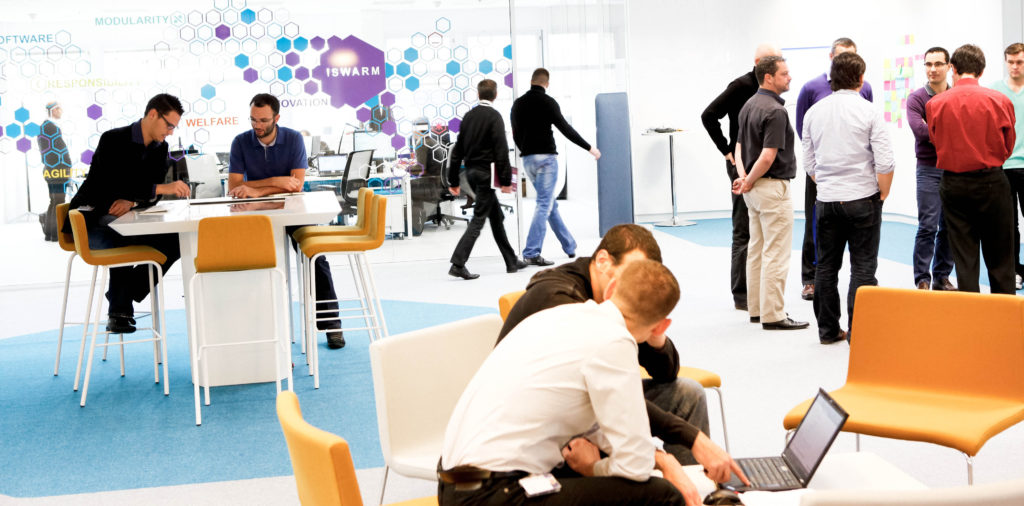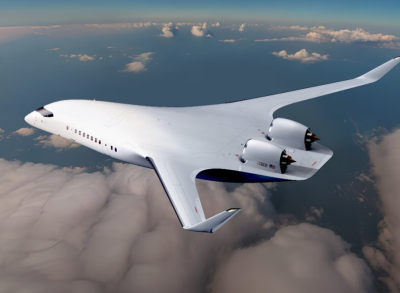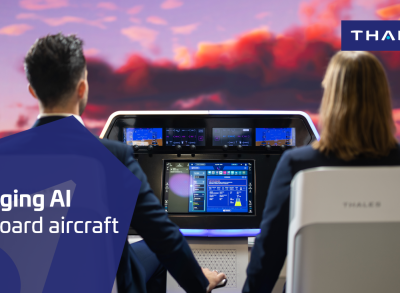The factory of the future to be built around people
The factory of the future may be a hot topic at the moment, but it means different things to different people. Dominique Martin, director of transformation for the future Thales campus near Bordeaux, tells us what it means to him.

There are as many definitions of the term as there are working groups investigating these new concepts! We do all agree that the factory of the future will be built around technological innovations that make us more competitive — but that’s not all. The factory of the future will also be built around people. There’s a huge amount of discussion going on about how work is organised and how people cooperate.
What are the most important topics being discussed?
There are two that spring to mind. One of them is technological: 3D printing is about to revolutionise our lifestyles probably as much as computers already have. The other is behavioural, and has to do with mobility in the enterprise. Workers are moving around more, cooperating and interacting more, and the enterprise needs to adapt to these new ways of working.
Most importantly, any discussion of the factory of the future needs to take requirements, not technological trends, as the baseline. Look at virtual reality, for example. It may be a trending topic, but not everybody has a use for it!
So what are your priorities for the new campus you are building?
We’re talking about an enterprise transformation more than a real estate project. We want to create a site where people are at the centre of everything. Of course we went and looked at what other companies are doing, but we benchmarked the concepts more than the solutions because each project is intrinsically linked to the culture of the company and the country involved. The basic question is how to get employees to work together better. Over the years, we have all become locked into our own intellectual and physical space; today we need to be interconnected. The V-model of development has been replaced by a system of structured iteration where the whole team builds the product together.
What solutions have you found?
There are limits to what can be achieved through formal reporting procedures, so our objective is to let people cooperate and interact informally as much as they can. We now know that 80% of new ideas come to the surface when people are interacting in the same physical space. Everybody at every level needs to feel responsible. They need to be empowered to take part in the process. Collaborative workspaces, places where people can work together and interact easily, places they can relax, visual management boards, and so on — this is how teams come together and succeed today.
We set up a pilot project called I-Swarm at our current facility to put these concepts to the test. A team from the Psychology and Well-being at Work laboratory at Bordeaux University measured the results — and the conclusions were very positive, with efficiency gains sometimes even exceeding initial expectations. The study also pointed to some organisational changes that we hadn’t thought about, so we’re incorporating those improvements in the new campus model.
One final thought?
Traditional organisations and facilities can be optimised to create completely new workspaces that are more modern and above all centred on people. We had become prisoners of technology, but better interaction between people in the workplace will help us break free and succeed in the future!
Find us on Twitter @thales_avionics, on our official Youtube channel Onboard TV and on LinkedIn Thales Aerospace.




